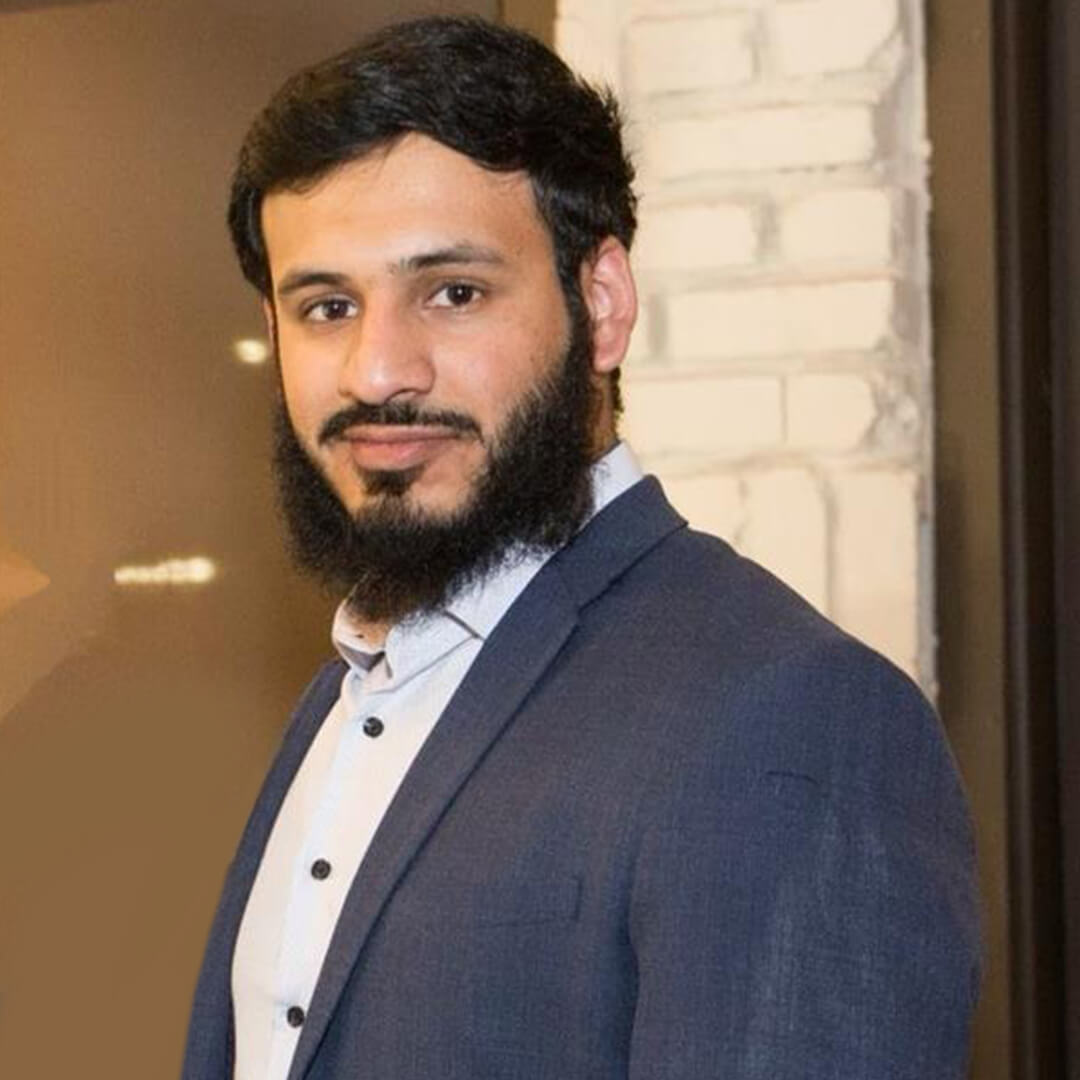In an era defined by rapid cultural shifts, constant digital exposure, and mounting peer pressure, Muslim teenagers often find themselves caught between two worlds, one pulling toward modern trends, and the other calling them back to the values of Islam. The result?
A growing Muslim teenage identity crisis, where faith, belonging, and purpose has become blurred. It’s not just confusion; it’s emotional fatigue, spiritual detachment, and at times, complete disconnection from one’s Deen. But the solution lies not in choosing one world over the other, instead it’s about realigning with your Islamic identity while navigating the modern world with wisdom.
Understanding the Crisis: A Battle of Belonging
Before diving into solutions, we must acknowledge the struggle. The Muslim teenage identity crisis often stems from:
- Cultural conflicts: Being raised in the West or liberal environments where Islamic values are misunderstood or mocked.
- Media influence: Social media platforms and entertainment pushing ideologies that contradict Islamic teachings.
- Peer pressure: The fear of being labeled ‘too religious,’ ‘different,’ or ‘outdated’ by classmates or friends.
- Religious guilt or confusion: Feeling spiritually unworthy due to past mistakes or lack of understanding of Islamic rulings.
These challenges lead to internal conflicts: “Who am I?” “How can I fit in without compromising my beliefs?” “Am I being judged by others or even by Allah?”
1. Strengthen Your Connection with The Quran
The Quran is not just a book of rulings, it’s a guide, a companion, and a source of healing. One of the best ways to remain grounded is to build a personal relationship with the Quran.
Practical Steps:
- Read a few verses daily with translation.
- Reflect on how the verses apply to modern life.
- Memorize short Surahs and understand their meanings.
The Quran addresses the struggles of youth through stories like that of Prophet Yusuf (AS), who upheld his chastity and faith despite immense temptation. For Muslim teens, this can be a mirror of their own trials in school, social gatherings, or online spaces.
2. Choose the Right Companions
Prophet Muhammad ﷺ said:
“A person is upon the religion of his close friend, so be careful about whom you befriend.”
, [Abu Dawood]
Individual coaching for Muslims consistently highlights the role of environment in shaping behavior. Friends who remind you of your prayers, who don’t make you feel embarrassed about being modest, and who understand your values are not just a blessing, but also essential.
Tips:
- Join local youth groups or Islamic centers.
- Attend Islamic classes or halaqas to meet like, minded peers.
- If in a non-Muslim school, connect virtually with Muslim teen forums.
Even one supportive friend can change your outlook completely.
3. Balance Identity: You Don’t Have to Choose Between Deen and Dunya
Being a practicing Muslim does not mean isolating yourself from the modern world. Islam encourages education, innovation, creativity, and contribution to society.
Example:
A hijabi girl who excels in STEM or a Muslim boy leading his debate team. These examples don’t conflict with one’s faith. What matters is one’s intention and being disciplined.
Practical Advice:
- Represent Islam in your speech, dress, and behavior without arrogance.
- Set boundaries with trends, follow what aligns with Islamic values.
- Use your talents to serve your community.
Muslim teenage identity isn’t about being torn, it’s about being whole. Your Islamic identity can coexist with ambition, hobbies, and goals.
4. Seek Guidance Through Coaching and Mentorship
Sometimes, struggles need more than willpower, they need wisdom. Unfortunately, many Muslim teenagers hesitate to seek help, fearing judgment or cultural backlash.
But Islamic coaching is not about criticism; it’s about understanding the self through the lens of the Quran and Sunnah.
Ihsan Coaching’s Role
At Ihsan Coaching, we specialize in Muslim youth coaching using a faith-centric approach. Our qualified Muslim coaches understand the language, culture, and challenges Muslim teens face. We provide:
- 1:1 confidential coaching sessions.
- Islamic mental health guidance.
- Practical solutions to peer pressure, anxiety, self, worth, and identity issues.
Parents are also guided to better communicate with and support their teenage children.
Don’t struggle in silence. Seeking help is also Sunnah.
5. Make Dua and Never Underestimate the Power of Istikhara
When confused, the first place to turn is Allah. Crisis identity is not just a social issue; it’s a spiritual one. The heart finds peace only through Dhikr.
Surah Ar, Ra’d, 13:28
أَلَا بِذِكْرِ اللَّهِ تَطْمَئِنُّ الْقُلُوبُ
“Verily, in the remembrance of Allah do hearts find rest.”
Encourage daily Dua for guidance, strength, and clarity. Even if the world misunderstands you, Allah knows your heart. Performing Istikhara (the prayer for guidance) can help in making decisions that align with your faith.
Actionable Ideas:
- Maintain a Dua journal.
- Learn one name of Allah every week and reflect on it.
- Set daily reminders to say simple dhikr like “La ilaha illallah” or “Astaghfirullah.”
This softens the heart and anchors you in your purpose as a Muslim.
Let Ihsan Coaching Help You Reclaim Your Muslim Identity
You’re not alone. Many Muslim teens silently fight battles of confusion, doubt, and pressure. But the solution begins with one powerful decision: to take control of your narrative.
At Ihsan Coaching, we offer faith-based support for Muslim teenagers navigating identity challenges. Whether it’s through structured sessions, mentorship, or workshops, our goal is to help you reconnect with your Deen while embracing your place in the world.
Book a discovery session with our Muslim youth coaches today.
Let’s work together to reclaim your confidence, values, and vision while having Islam at the center.
FAQs
Is the Muslim teenage identity crisis common?
Yes, many Muslim teens experience it, especially in non-Muslim environments or in households with differing cultural and religious expectations. It’s a natural phase, but one that can be managed with the right support.
What if I feel disconnected from my faith?
Faith fluctuates. Start with small steps, prayer, Quran reading, good company, and seek support from Muslim coaches who understand your journey.
How can I avoid peer pressure and still have a social life?
By choosing friends who respect your boundaries and share similar values. You can also create new circles through Islamic centers or online youth groups.
What’s different about Islamic coaching for the youth?
Islamic coaching integrates mental wellness with spiritual guidance, offering teens solutions rooted in both psychology and Islamic teachings.
Can Ihsan Coaching help if my parents don’t understand my struggles?
Yes. We also offer family coaching to help parents understand modern teenage struggles from an Islamic perspective, improving communication and trust.
The journey of being a Muslim teenager today is not without its trials, but every test is an opportunity to grow. Your Islamic identity isn’t something to hide or be confused about, it’s a source of pride, clarity, and strength. With the right tools, guidance, and mindset, you can thrive in both worlds without losing yourself in either.
And remember, you don’t have to walk this path alone, Ihsan Coaching is here to walk beside you.






